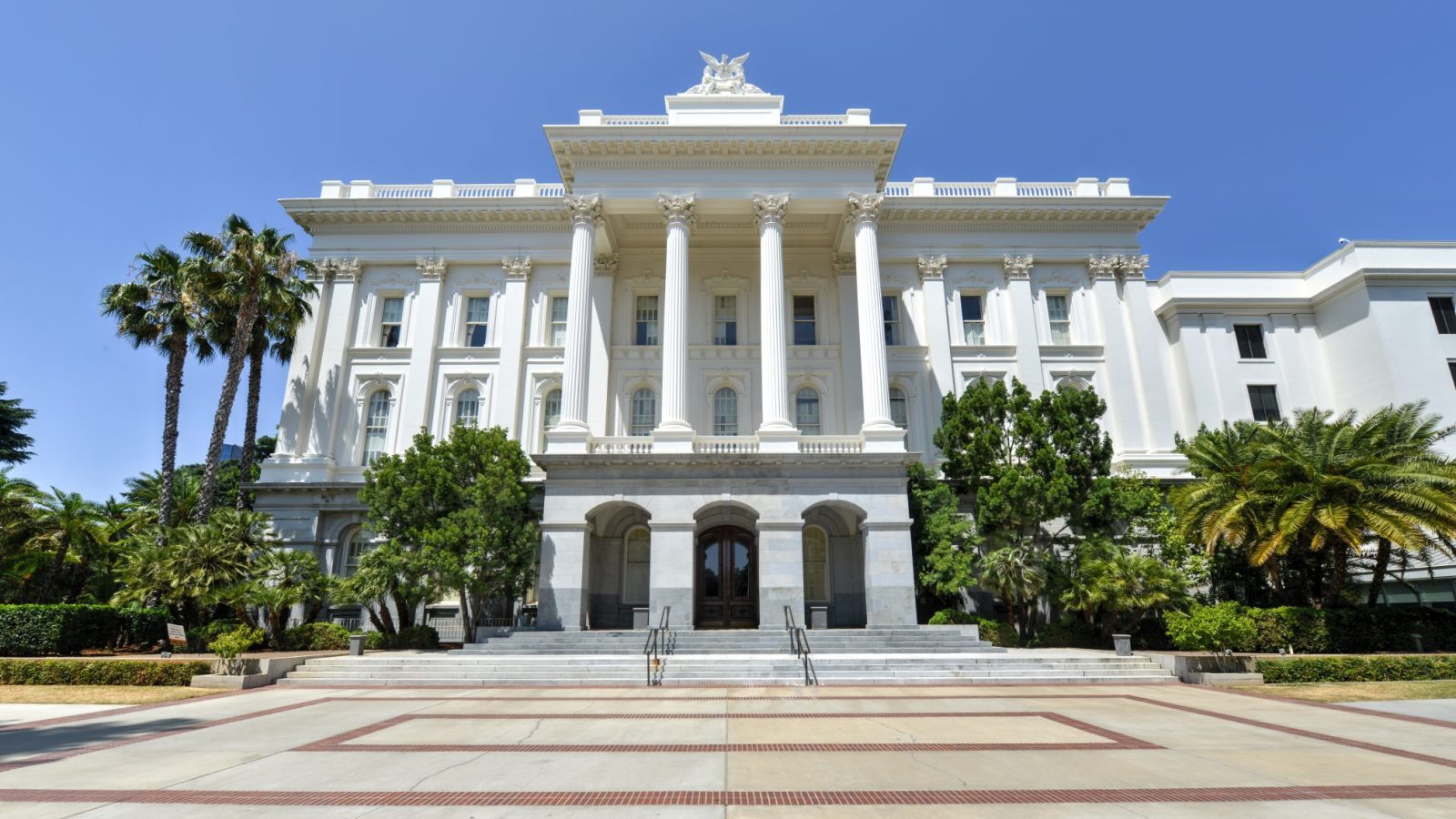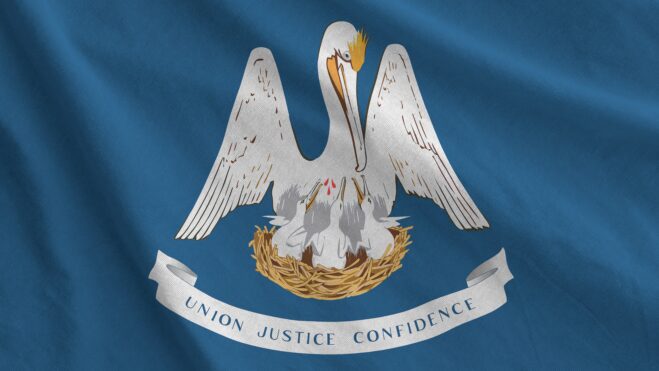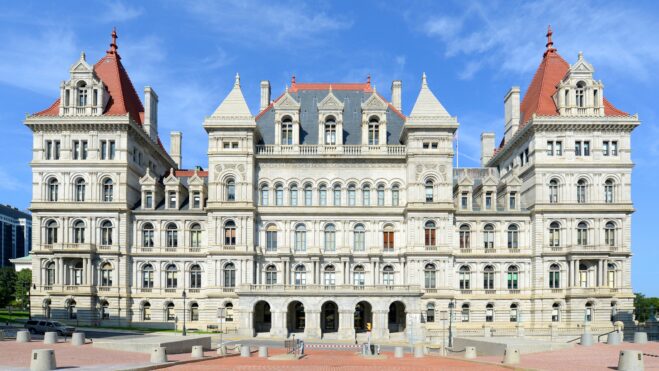Anti-Sweeps Bill Advances From California Senate Committee
Valencia’s gutted-and-amended bill expected to be amended further as it progresses
3 min

The California Senate’s Governmental Organization Committee passed AB 831 on Tuesday, with the expectation that legislative sponsor and state Sen. Avelino Valencia will make needed amendments to his bill that would ban online sweepstakes casinos.
Valencia’s bill, which is a gut and amend of a previous bill, still needs to pass through the Public Safety Committee and Appropriations Committee in the upper chamber. It would then have to navigate the entire California Assembly before passage.
The bill moved out of Tuesday’s committee by a 15-0 vote, with some members qualifying their “aye” by acknowledging support for tribal sovereignty in addition to expectations there would be amendments to Valencia’s bill.
Familiar reasons for bill support and opposition
Tuesday’s hearing bore similarities to ones that have played out across the country this year, as multiple states have considered legislation to ban online sweeps. Those efforts succeeded in Nevada, Montana, and Connecticut, and are a governor’s signature from also doing so in New York and New Jersey.
Opponents of anti-sweeps bills, led by the Social & Promotional Gaming Association (SPGA) and Social Gaming Leadership Alliance (SLGA), have claimed degrees of success in Louisiana, Maryland, and Florida. Louisiana Gov. Jeff Landry vetoed an anti-sweeps bill last month, while measures to ban sweeps in Maryland and Florida failed to advance out of committee.
Joining Valencia to provide testimony Tuesday were bill co-sponsors Johnny Hernandez of the Yuhaaviatam of San Manuel Nation and Isaiah Vivanco of the Soboba Band of Luiseño Indians. Hernandez, the vice chair of the San Manuel Nation, took aim at what he called sweeps platforms’ “lack of central safeguards, including money laundering protocols and responsible gaming safeguards.” He added that the language of AB 831 was specifically crafted to outlaw platforms that “mimic gambling through a dual currency system that offers cash prizes.”
Vivanco pointed out tribal gaming in California contributes $25 billion to the state’s economy annually and provides roughly 112,000 jobs. Like Hernandez, Vivanco pointed out how tribal gaming is heavily regulated at both the state and federal levels and how voters have “repeatedly rejected the expansion of online gaming to protect tribal exclusivity and public interest.”
He added: “Allowing sweepstakes casinos to continue operating in the state will destabilize the entire legal gaming ecosystem, leading to economic harm across the state.”
Of the two opponents speaking against the bill, Bill Gantz — speaking on behalf of the SGLA — was far more effective than World Poker Tour President and CEO Adam Pliska, who meandered with his comments during his allotted time.
Gantz referred to Valencia’s gut and amend that brought the bill forward to committee in just weeks without allowing for a chance to reach out to stakeholders. He also pointed out that sweeps platforms offering social casinos do raise revenue for the state in the form of sales tax through digital entertainment services.
Further, Gantz noted the California Gambling Control Commission has not sent out any cease-and-desist letters to any platforms using sweepstakes prizing, “nor has there been any consumer outcry or backlash that supports the reasons for completely banning this industry on a summary and rush basis.”
The team lead of the Gaming Industry Group at Duane Morris LLP, Gantz also stated that the San Manuel Tribe “operate and sell gold coins to use in a simulated gambling environment … which is available to anyone on the country on their laptop.” That’s a reference to the tribe’s Play Online by Yaamava’ site.
Gantz called AB 831 “a bill by competitors to get rid of their competition,” and added a social casino is a “non-gambling product” when not being operated or offered under a gaming compact. He closed his remarks by noting there have been no studies on how social casinos impact “land-based casinos on sovereign lands at all.”
Rebuttal and senators’ thoughts
There was a bit of a “see and be seen” theater to the hearing as notable proponents and opponents of the bill made their stance publicly known in person. Multiple tribal representatives voiced their support of AB 831, as did Greg Campbell on behalf of the Sports Betting Alliance.
Multiple sweepstakes platform operators lined up to be on the record in opposition, including one representing VGW. A person speaking on behalf of the SPGA also recorded his opposition to the bill.
VP Associate General Counsel for the San Manuel Tribe Michael Hoening responded to a query from Sen. Angelique Ashley and specified the difference between the tribe’s online casino and a sweeps platform, saying players utilizing the tribe’s platform “don’t get a second form of consideration that you can then gamble for money with.”
Sen. Laura Richardson offered the most impassioned defense of tribal sovereignty, recalling the work of then-Lt. Gov. Cruz Bustamante in getting gaming compacts signed in California in 1999. She pointed out the inability of tribes to have “reservation shopping” when it comes to gaming locations puts them at a disadvantage versus private entities that can then offer services through the internet.
Other senators were cognizant of that tribal sovereignty, and some lamented how the gut and amend that brought AB 831 to the committee left members with a limited time frame to reach out to stakeholders. There was also acknowledgement the bill would likely be changed with yet-to-be-defined amendments suggested by California card room stakeholders.






